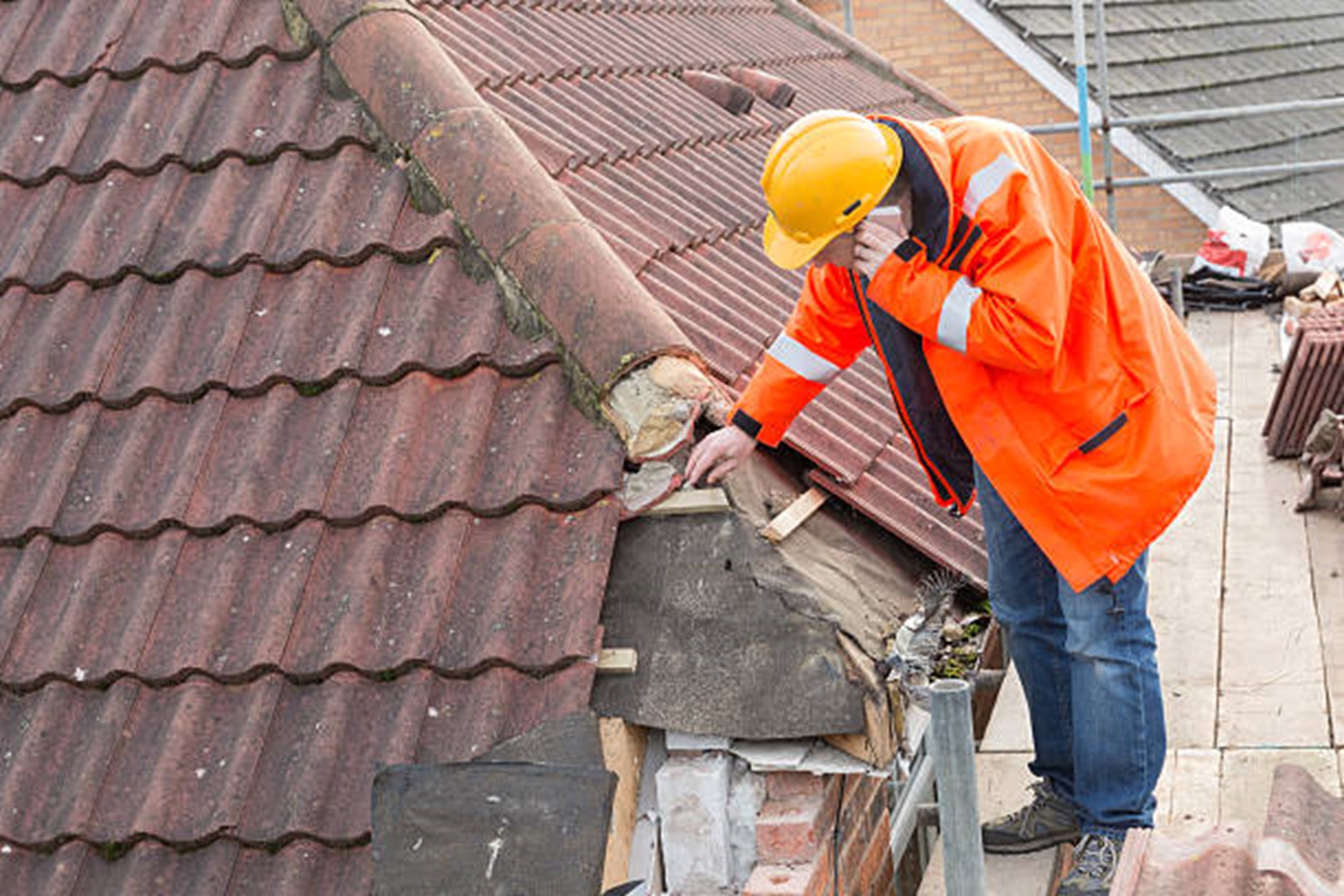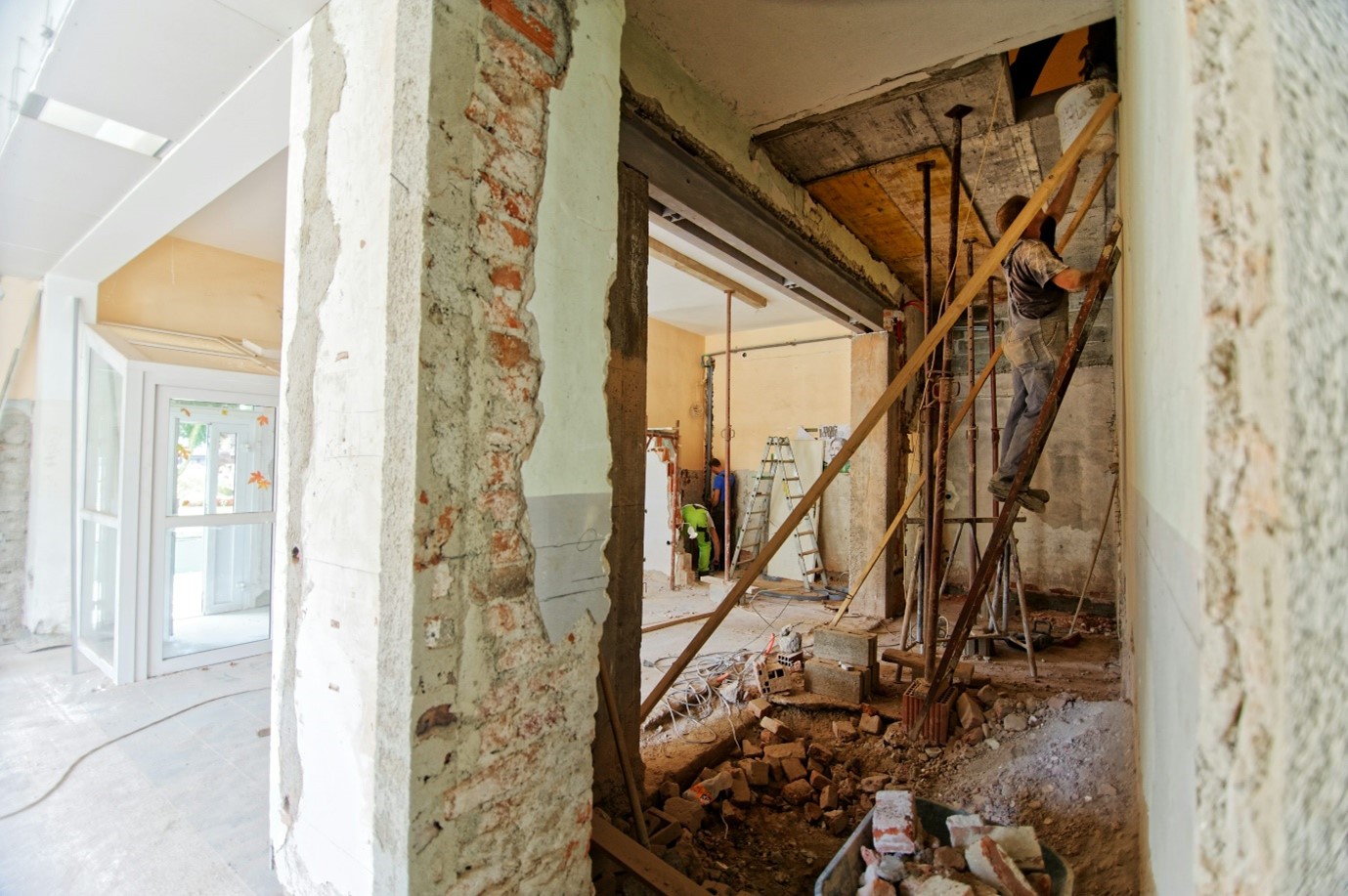
How to Choose the Best Builder: A Comprehensive Guide
How to Choose the Best Builder: A Comprehensive Guide
Choosing the right builder for your project is one of the most important decisions you will make as a property owner. Whether you’re planning a small renovation, an extension, or a new build, the success of your project largely depends on the builder you select. At Wrestore.co.uk, we understand the complexities of finding a reliable and skilled builder. This guide provides you with the essential tips and considerations to help you choose the best builder for your needs.
1. Define Your Project Requirements
Before you start searching for a builder, it’s crucial to clearly define your project requirements. This includes the scope of work, budget, timeline, and any specific design preferences. Having a detailed plan will help you communicate your needs effectively to potential builders and ensure that you find a builder who can meet your expectations.
2. Research and Shortlist Builders
Start by researching builders in your area. Look for builders with experience in projects similar to yours. You can find builders through online directories, recommendations from friends and family, or local trade associations. Create a shortlist of potential builders based on their experience, reputation, and the quality of their previous work.
3. Check Qualifications and Certifications
Verify the qualifications and certifications of the builders on your shortlist. Reputable builders should hold relevant qualifications and certifications from recognized industry bodies. These certifications demonstrate their commitment to maintaining high standards of quality and safety in their work.
Key Certifications to Look For
- Membership in professional trade associations such as the Federation of Master Builders (FMB) or the National House Building Council (NHBC).
- Health and safety certifications, such as SafeContractor or CHAS accreditation.
- Specific trade certifications, such as Gas Safe Register for gas installations.
4. Review Portfolios and References
Ask potential builders for a portfolio of their previous work. Reviewing their past projects will give you an idea of their expertise and the quality of their craftsmanship. Additionally, request references from previous clients and take the time to contact them. Ask about their experience working with the builder, the quality of the work, and whether the project was completed on time and within budget.
5. Obtain Detailed Quotes
Once you have shortlisted a few builders, request detailed quotes for your project. A comprehensive quote should include a breakdown of costs for materials, labor, and any additional expenses. Compare the quotes carefully, but remember that the cheapest option is not always the best. Consider the overall value, including the builder’s experience, reputation, and the quality of their work.
6. Check for Insurance and Warranties
Ensure that the builder has adequate insurance coverage, including public liability insurance and employer’s liability insurance. This will protect you from any potential claims or damages that may arise during the project. Additionally, ask about warranties for the work. Reputable builders should offer warranties that cover both materials and workmanship.
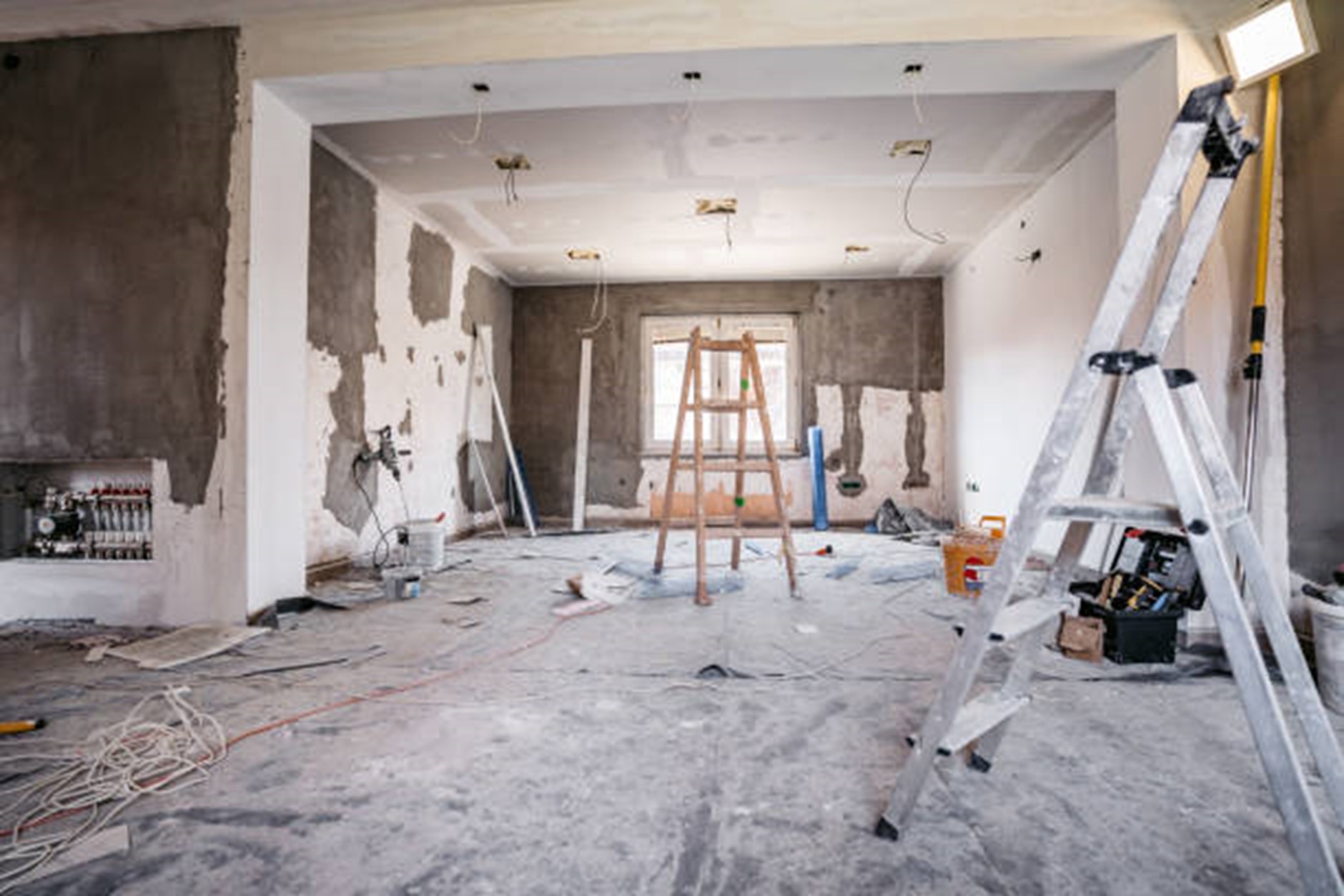
7. Assess Communication and Professionalism
Effective communication is key to a successful building project. Assess how responsive and professional the builder is during your initial interactions. A builder who communicates clearly and promptly is more likely to be reliable and easy to work with. Good communication helps ensure that any issues or changes can be addressed promptly, keeping the project on track.
8. Understand the Contract
Before you sign a contract, make sure you understand all the terms and conditions. The contract should clearly outline the scope of work, payment schedule, timeline, and any penalties for delays or non-completion. If there are any aspects of the contract that you do not understand, seek legal advice to ensure that your interests are protected.
9. Monitor Progress Regularly
Once the project begins, it’s important to monitor progress regularly. Schedule regular site visits and meetings with the builder to review the work and address any concerns. Maintaining an open line of communication and being involved in the project will help ensure that it stays on track and meets your expectations.
10. Plan for Contingencies
No matter how well you plan, unexpected issues can arise during a building project. Plan for contingencies by setting aside a portion of your budget for unforeseen expenses. Discuss potential risks and solutions with your builder so that you are prepared to address any challenges that may come up.
11. Evaluate Post-Completion Support
Consider the level of support the builder offers after the project is completed. Reputable builders should provide a period of post-completion support to address any issues or defects that arise after the work is finished. Ensure that you understand the terms of this support and how to contact the builder if needed.
12. Importance of Local Knowledge
Choosing a builder with local knowledge can be advantageous. Local builders are familiar with regional building regulations, climate conditions, and suppliers, which can contribute to a smoother project execution. They may also have established relationships with local subcontractors and tradespeople, ensuring a reliable and coordinated effort.
13. Consider Sustainability Practices
If sustainability is a priority for you, look for builders who incorporate eco-friendly practices into their work. This can include using sustainable materials, implementing energy-efficient designs, and minimizing waste. Builders with a commitment to sustainability can help you create a more environmentally-friendly property.
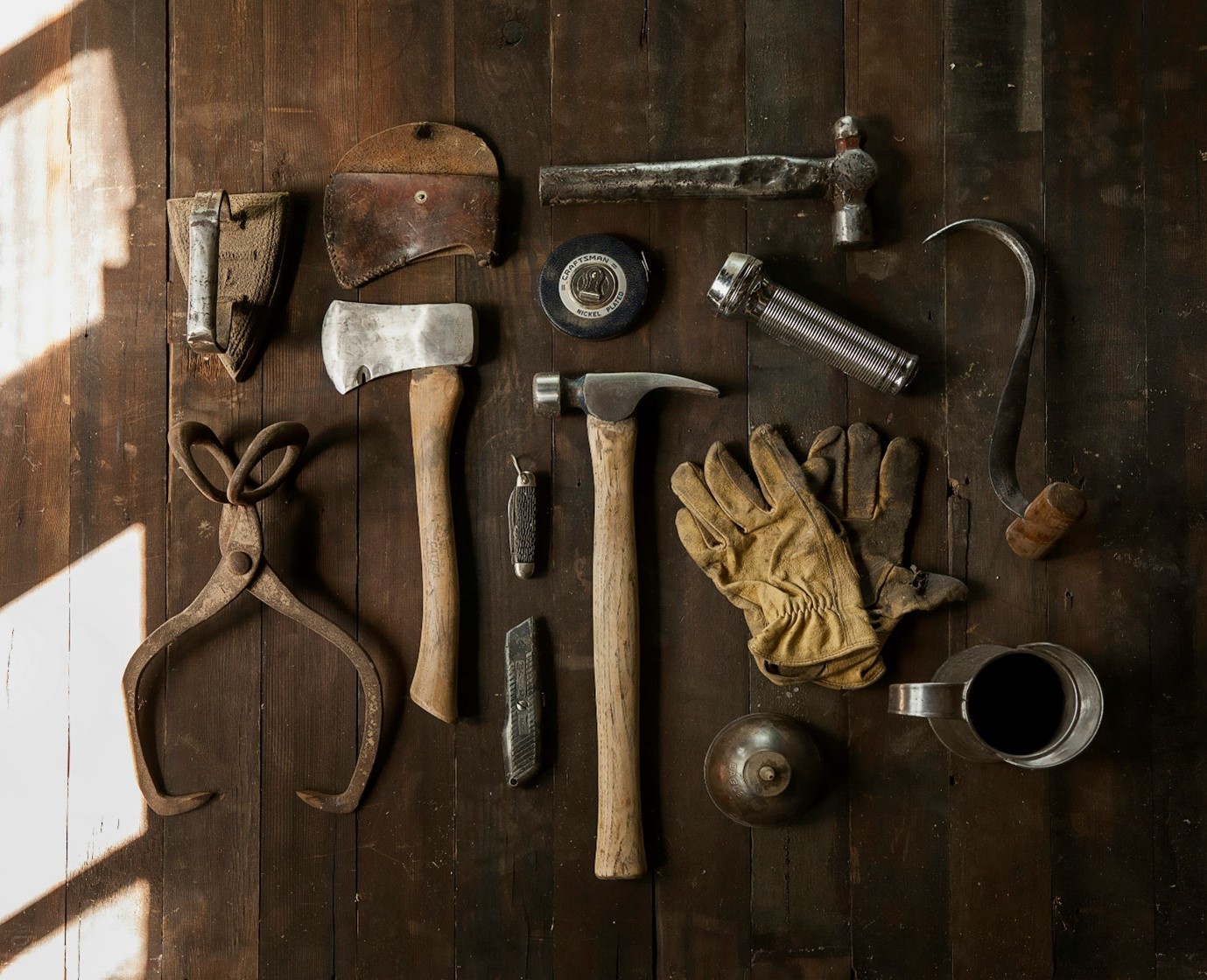
14. Transparency in Pricing and Billing
Ensure that the builder is transparent about pricing and billing. A clear and detailed breakdown of costs will help you understand where your money is being spent. Avoid builders who are vague about costs or reluctant to provide detailed invoices, as this could lead to unexpected expenses down the line.
15. Assess Problem-Solving Skills
Building projects often come with unexpected challenges. Assess the builder’s problem-solving skills by discussing potential issues and how they would address them. A builder who can think on their feet and provide practical solutions will be invaluable in keeping your project on track.
16. Look for Longevity and Stability
Consider the builder’s longevity and stability in the industry. A builder with a long track record of successful projects is more likely to be reliable and experienced. Longevity also suggests that the builder has weathered various market conditions and can provide consistent quality and service.
FAQs
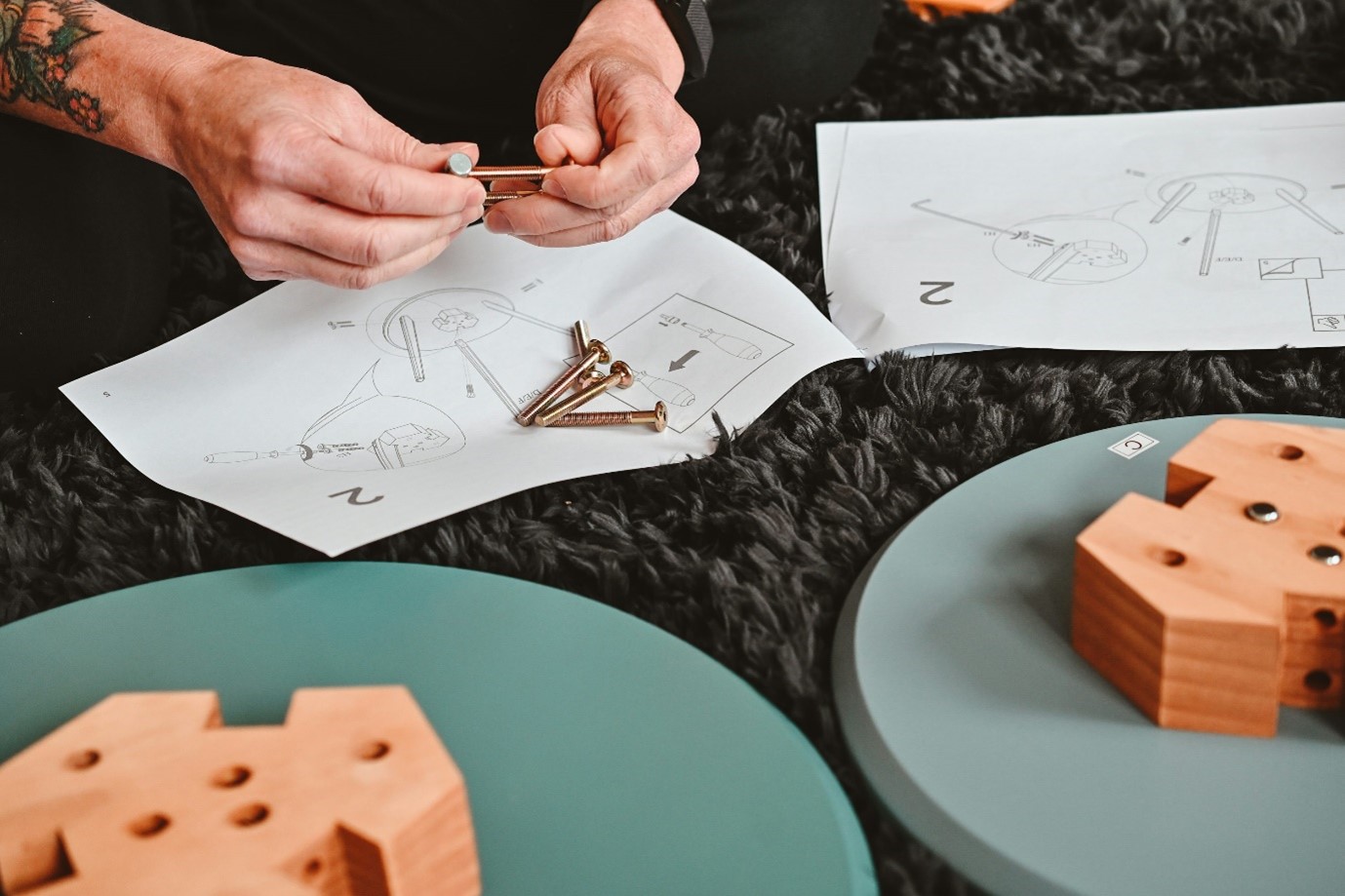
Conclusion
Choosing the best builder for your project requires careful consideration and research. By defining your project requirements, checking qualifications and certifications, reviewing portfolios, and obtaining detailed quotes, you can find a builder who meets your needs and expectations. At Wrestore.co.uk, we are committed to providing high-quality, certified property maintenance services. Contact us today to learn more about how we can help you achieve your building goals with professionalism and expertise.
